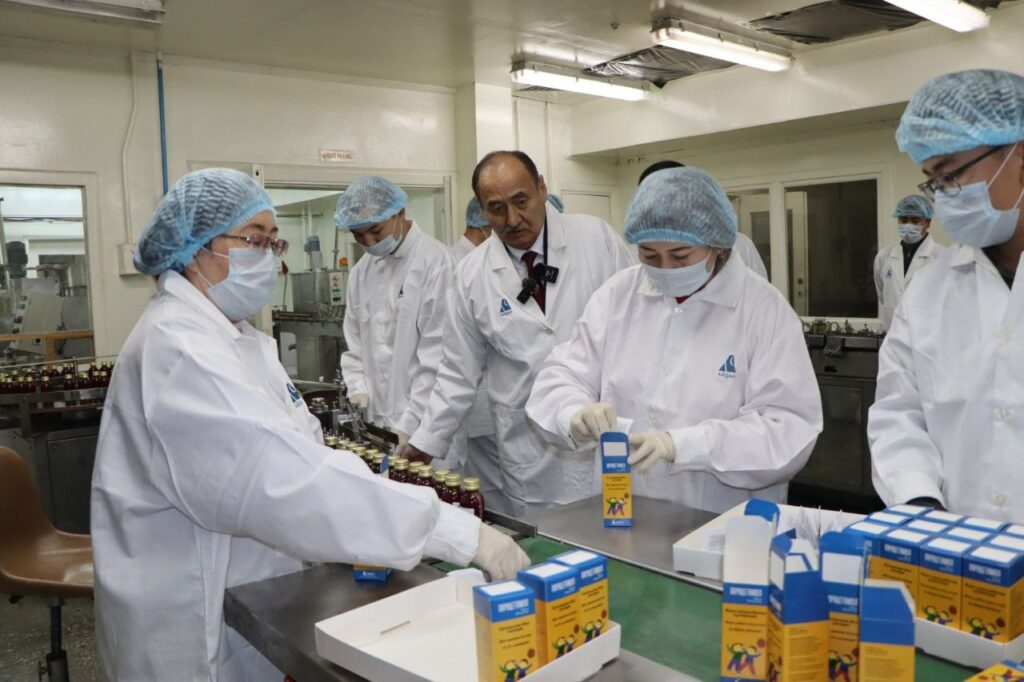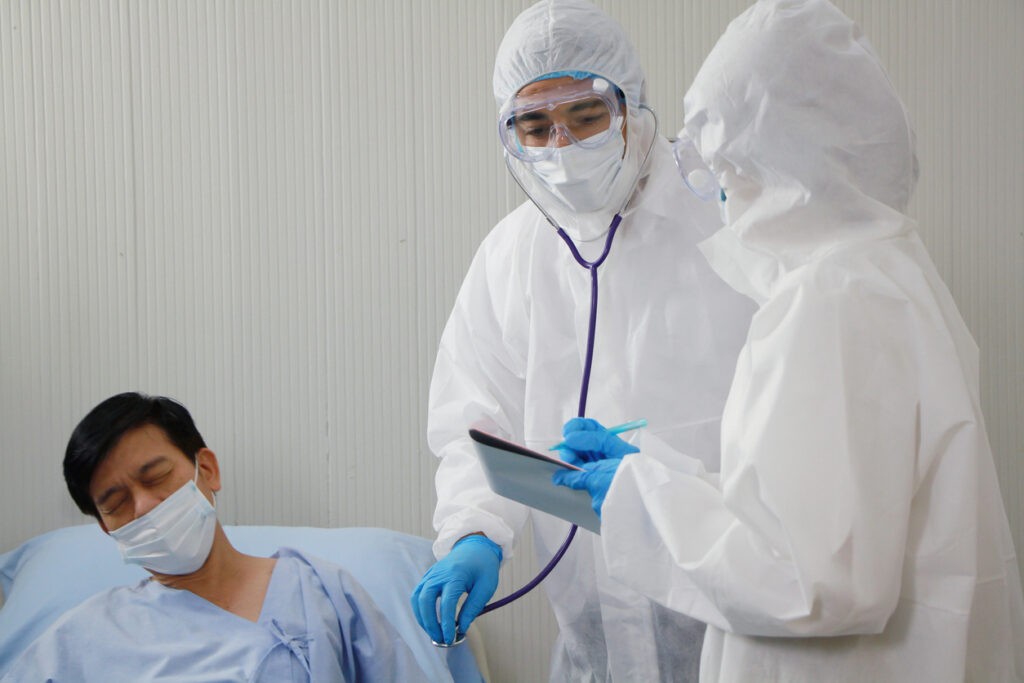BISHKEK (TCA) — The Ministry of Healthcare of Kyrgyzstan has revealed financial violations in its structural subdivisions worth 44.5 million soms for the first seven months of this year, the press service of the ministry reports.
Materials on ten healthcare organizations were submitted to the Prosecutor General’s Office and the State Service for Combating Economic Crimes for further investigation.
“Earlier, the Compulsory Medical Insurance Fund and other organizations checked us every year, and everything was fine. So, it is necessary to change the whole check system, because we got the results of the inspections too late, and cases were closed. With such an approach, persons guilty of violations were just reprimanded, and that was all. While commissions were considering this or that case, the terms of punishment expired. But the money was stolen from the pocket of taxpayers,” Healthcare Minister Talantbek Batyraliev said.
Out of the total amount of violations, almost 20 million soms were related to the violation of the Law “On Public Procurement”. During the procurement of goods and services without a tender, there were violations worth 9.2 million soms, unreasonable salary payments totaled 10.3 million soms, unreasonable write-offs of cash and inventory amounted to 393.2 thousand soms.
Shadow turnover of medicines
The shadow medicines business is the second-largest illegal business after narcotic drugs, and state regulation of this market is necessary, Batyraliev believes. The shadow turnover of medicines is estimated to total from 80 to 100 billion soms annually, not taking into account re-export, while official import of medicines is about 13 billion soms a year, he said.
Earlier, MPs suggested searching investors to produce some medicines in Kyrgyzstan. Minister Batyraliev said the ministry had repeatedly negotiated with major investors – manufacturers of medicines, but the market of Kyrgyzstan with a population of 6 million is unattractive for them.
The minister pins big hopes on the creation of a State Register of Medicinal Products which will be completed in Kyrgyzstan in 2018. Then up to 99% of corruption components will disappear in this market, the minister believes. All medicinal products registered and permitted for medical use in Kyrgyzstan will be listed in the Register, he said.
To meet the requirements of the Eurasian Economic Union, the registration of medicines will be compulsory, he added.
Women’s reproductive rights violated
According to the Ombudsman’s report “On compliance with the reproductive rights of women in the Kyrgyz Republic,” women in childbirth pay for the legal right to choose a doctor.
According to the law, patients have the right to choose the attending physician at their discretion, and doctors have no right to prevent the patients from choosing other treating doctors.
However, contractual (paid-for) delivery is commonplace in Kyrgyzstan. According to the report, 63 percent of the interviewed patients said that they had agreed in advance with the doctors to help in labor and delivery for an additional payment.
Doctors received illegal financial rewards for their services rendered in the state maternity hospitals, using state property for their personal purposes, without paying taxes or any payments to improve the infrastructure of the maternity hospitals, the report says.
Over the past 25 years since independence, the State has not built a single modern hospital for obstetrics that could meet all standards, the Ombudsman’s report says. The buildings and equipment used in the Soviet era are still functioning, but they were designed for a small number of births.
Lack of doctors
The situation with providing the population with family doctors is catastrophic in Kyrgyzstan, the Healthcare Ministry said. The country faces a shortage of about two thousand family doctors. In many villages, there is no access to qualified medical care. The Government should urgently address the issues of training family doctors and their support, to encourage them to work in remote areas.
The Kyrgyz Medical Academy trains enough medical doctors but many of them leave the healthcare sector or even the country in search of better wages and life. Due to low salaries of family doctors and large workloads, more than half of the trained family doctors have left the country, mainly for Russia and Kazakhstan, where wages are manifold higher.
With a 6 million population, Kyrgyzstan now has 1,500 family doctors. According to standards, one family doctor should serve one thousand people. In Kyrgyzstan, one family doctor serves 3,000-15,000 people.
In the absence of means of communication and transport, and in conditions of remoteness of villages from each other, the standard for the rural population should not exceed 1.5 thousand people per one doctor and for the cities — 2 thousand per one doctor, experts say.
Corruption in the healthcare system cannot be eradicated until doctors are paid decent salaries. Currently, the average salary is 7-8 thousand soms (little more than $100) per month. Doctors who are on duty around the clock earn 8-9 thousand soms.
If doctors work for 1.5-wage rates (from 8:00 to 17:00 or 18:00), they would earn 11-12 thousand soms — a salary hardly enough to provide a family.









